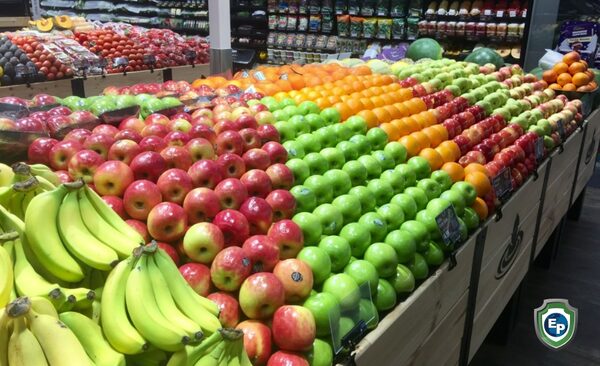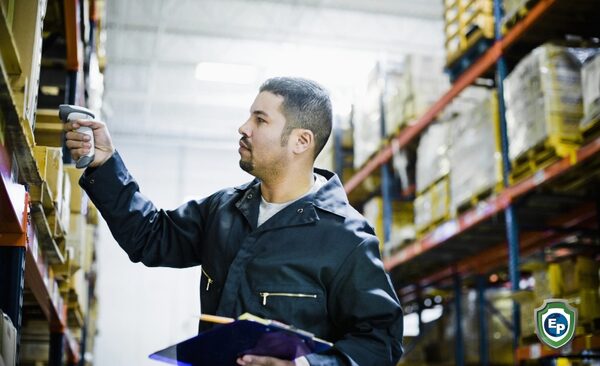Manufacturers, Retailers Face Price Increases as Transport Costs Rise
Transport is an essential link in the logistics chain and represents a significant part of products’ expenses. Therefore, transportation costs—typically a fraction of a finished product’s price—are emerging as another supply-chain obstacle, overwhelming some companies who already paid more for raw materials and labor.
Reasons behind the Hike
To begin, the cost increase is due to high demand for maritime transportation and the fact that commercial flights have dropped as a result of COVID restrictive measures implemented by many governments across the world (lockdowns, closure of borders, etc.). Because commodity shipment by air is related to passenger shipment, this stumbling block has thrown global transportation off balance. This is driving up prices by increasing demand for maritime transport while suppliers, such as ships and containers, cannot keep up.
The second factor is the energy costs in Europe and other parts of the world. In France, for example, hydrocarbon costs reached their record rate in the 2021 third quarter, as experts pointed out.

An Impact on All Sectors
Transport is a transversal sector. It is present at all levels of the value chain and the logistics chain, whether for raw materials, inputs, finished products, or packaging. An increase in transport costs therefore necessarily has a direct impact on these sectors of activity. Let’s take the case of the steel industry in Europe. An Italian-based steel tube manufacturer will bear higher transportation costs by sourcing from China or Eastern Europe. It will in turn pass this increase on to the selling price to wholesalers. Wholesalers will also bear an increase in their own transport costs which they will pass on to the final selling price to retailers. These increases are inevitable because if they are not implemented, they could lead companies to sell at a loss, which is not an option.
“It’s a losing game for consumers. Prices are going up faster than incomes. Our spending power is being depleted,” says Carman Allison, NielsenIQ’s vice president of sales development. “The supply chain is under attack. We don’t have the volume of product, and we have rising transportation and employment costs.”
This example illustrates how the increase in transport costs impacts several sectors. Even if these increases are sometimes difficult to predict, is there not a way for companies to protect themselves from them?

Stay Up-to-Date with Export Portal
For more information on international trade, make sure to check out Export Portal’s site and enjoy all the benefits we have to offer today!


